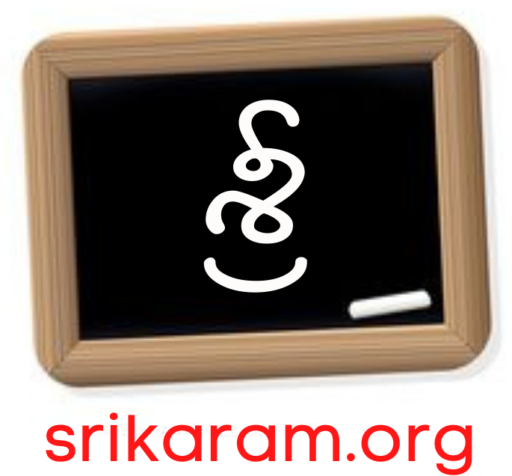Telugu literature boasts a rich history and a vibrant tradition, reflecting the cultural and social ethos of the Telugu-speaking regions in South India. It encompasses a variety of genres, including poetry, prose, drama, and religious texts, and has evolved over centuries.
Historical Development:
- Early Period (11th to 14th Century):
- Nannaya Bhattarakudu is often hailed as the “Adi Kavi” (the first poet) of Telugu literature. He began the translation of the Sanskrit epic Mahabharata into Telugu, creating the Andhra Mahabharatamu.
- Tikkana and Errana continued Nannaya’s work, completing the translation of the Mahabharata. Together, these three poets are known as the Kavitraya (the Trinity of Poets).
- Bhakti Movement (15th to 17th Century):
- This period saw a significant focus on devotional literature.
- Pothana wrote the Bhagavatam, a translation of the Bhagavata Purana into Telugu, which is revered for its devotional fervor and literary excellence.
- Tallapaka Annamacharya composed numerous devotional songs called Sankirtanas in praise of Lord Venkateswara.
- Prabandha Period (16th to 17th Century):
- This era is marked by the rise of Prabandha literature, which includes narrative poems often based on historical or mythological themes.
- Notable poets include Allasani Peddana, known for his work Manucharitramu, and Tenali Ramakrishna, known for Panduranga Mahatmyam.
- Modern Period (19th Century onwards):
- The modern period witnessed the influence of Western education and the advent of printing, which led to the spread of new ideas and forms.
- Kandukuri Veeresalingam is considered the father of modern Telugu literature. He was a social reformer and writer who promoted women’s education and social reforms through his writings.
- Gurajada Apparao is famous for his play Kanyasulkam, a satirical critique of social practices like child marriage and the dowry system.
- Sri Sri (Srirangam Srinivasa Rao) brought revolutionary changes with his Maha Prastanam, introducing free verse and addressing social and political issues.
Genres in Telugu Literature:
- Poetry:
- Traditional poetry often follows specific meters and forms like Padya (metrical verse) and Sataka (hundred-verse poems).
- Modern poetry often embraces free verse, addressing contemporary themes and issues.
- Prose:
- Includes novels, short stories, essays, and biographies.
- Prominent modern novelists include Viswanatha Satyanarayana (author of Veyipadagalu) and Yaddanapudi Sulochana Rani.
- Drama:
- Telugu drama has a rich heritage with classical plays, social dramas, and modern theater.
- Gurajada Apparao and Kandukuri Veeresalingam significantly contributed to modern Telugu drama.
- Religious and Philosophical Texts:
- Includes translations and adaptations of Sanskrit texts like the Mahabharata, Ramayana, Bhagavad Gita, and various Puranas.
- Saints like Annamacharya, Tyagaraja, and Kancharla Gopanna (Ramadasu) contributed immensely to devotional literature.
Significance of Telugu Literature:
- Cultural Reflection: Telugu literature reflects the cultural, social, and philosophical ethos of its people, offering insights into the lives, beliefs, and traditions of the Telugu-speaking regions.
- Literary Excellence: With its rich vocabulary, expressive style, and diverse genres, Telugu literature is celebrated for its literary beauty and sophistication.
- Social Influence: Many Telugu writers and poets used their works to address social issues, promote reforms, and inspire change.
Telugu literature continues to thrive, adapting to contemporary times while preserving its classical heritage, making it a significant part of Indian literary tradition.
